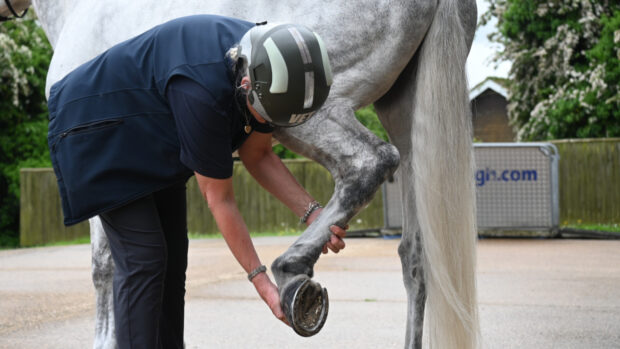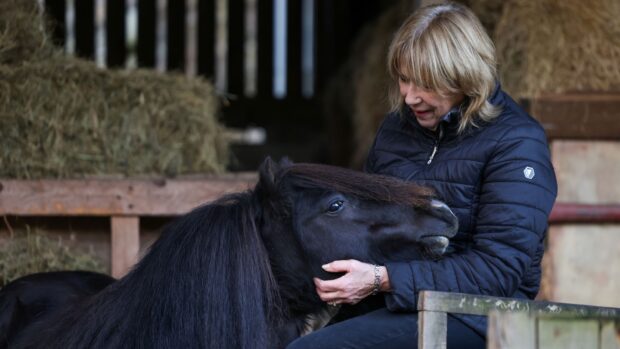Leading equine vets are against a new veterinary school opening at Surrey University next year, as concern grows about the number of graduates entering the saturated market.
A recent survey showed that there may be up to five times as many veterinary graduates seeking work in equine practice as there are jobs available.
At a debate held at the British Equine Veterinary Association (BEVA) Congress last month (11-14 September), more than 70% of voters opposed the motion that new schools will benefit the industry.
“There is a mismatch between the number of graduates and the number of jobs that are available,” BEVA president Paul Jepson told H&H.
“The people supporting new schools argue that more diversification is needed. But we are producing more than enough vets already.”
With the rise in university fees, tuition costs for the five-year course are now £9,000 a year.
The Surrey University School of Veterinary Medicine will take on its first students in autumn 2014. It claims to offer “a forward-thinking approach to veterinary education” on site at the heart of the campus, unlike many other vet schools.
Final numbers are still to be confirmed but Surrey is aiming to produce more than 100 graduates a year, once it has become established.
Former BEVA president Ben Mayes, who is on the advisory board for the new school, argues that it is matter of “managing the expectations” of those that want to become equine vets.
BEVA estimates that 10-15% of 819 veterinary graduates in the UK last year intended to work in equine but only 24 permanent jobs were available.
With European vets holding recognised EU qualifications now allowed to practice in the UK — providing they register with the Royal College of Veterinary Surgeons — competition is fierce.
“You have to fight to get into vet school, but you now also have to fight to get the job afterwards if you want to work in equine [practice],” he told H&H.
“Surrey has the funding and it has good ideas. You need to shake up the industry.”




